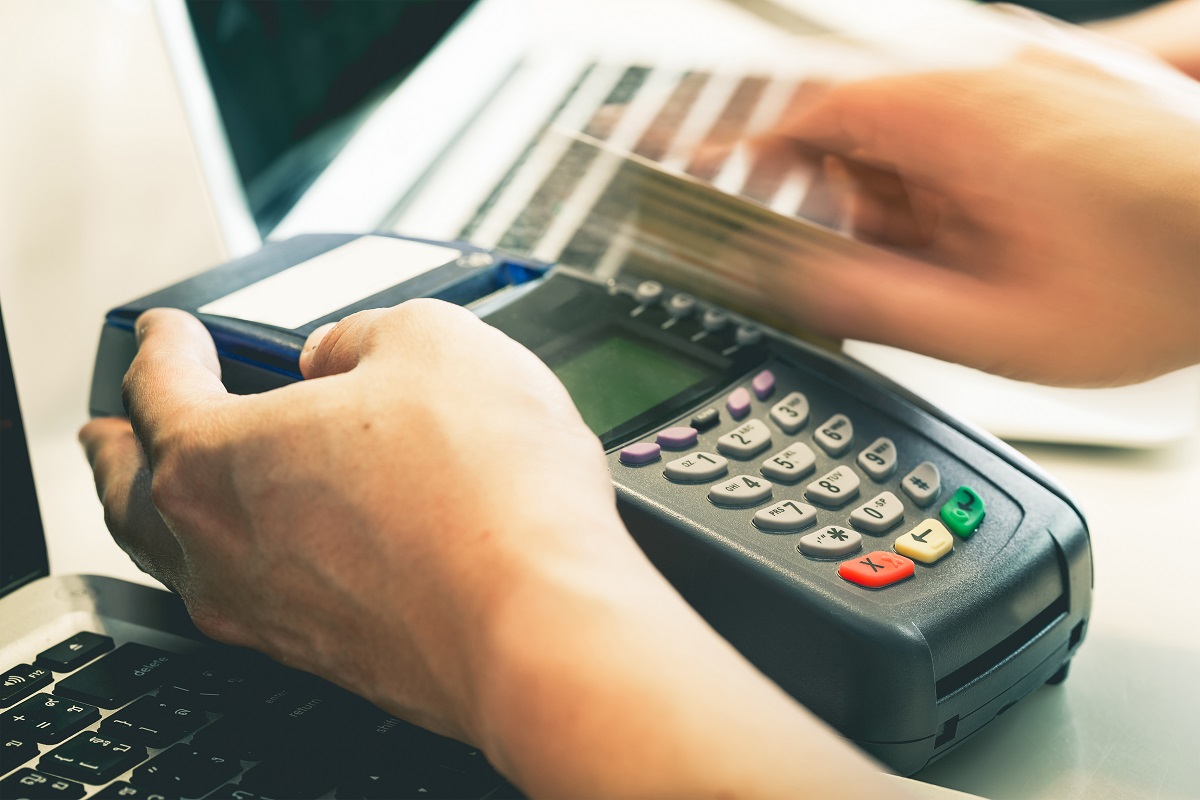
When and How to dispute a Credit Card transaction ?

Credit Card transactions may be disputed due to reasons such as inaccurate or excessive charge, billing error, fraudulent transaction or even a quality complaint on goods purchased. Banks allow customers to dispute credit card transactions either by a click of a button online or by filling up a form post speaking with a customer service officer.
It is important to note that the process of dispute normally involves a detailed investigation from the bank. One must make sure there is a valid reason before a transaction is disputed.
There are quite a few parties involved in a credit card transaction. Customer, Card Issuer ( Bank which issues the card), Merchant ( Establishment where the goods or service was purchased), Merchant bank ( the bank which the merchant uses to process these transactions), Association ( Mastercard, Visa etc., who are payment networks) and finally the Law.
In general credit card disputes fall under one of the below categories:
- Fraudulent transaction
- Inaccurate transaction amount
- Customer Complaint pertaining to the goods or service.
The later two categories may require a dispute to be raised within 60 days of the transaction.
Let us look at what you need to do in case of any of the above scenarios.
Fraudulent Transaction
Credit card fraud is unfortunately a reality. Banks spend millions of dollars in strengthening anti-fraud mechanisms and systems, however fraud still happens. There are several types of credit card fraud and these can be disputed by directly contacting the banks. Few things to do when you realize that there are credit card transactions on your statement or your alerts which you are unable to verify:
- Do not panic.
- Check with your family members or your supplementary credit card holders if anyone made these transactions.
- Try calling the merchant to check if the transaction is genuine. Do discuss with the merchant and ensure that the transaction does not pertain to you before you move further.
- Once you are sure that these transactions are not made by you, contact your card issuer / bank’s customer service team and report the issue and block the card. Note- most of the banks have a direct channel on the IVR (Interactive Voice Recognition) to report your card lost. You will be directed to a customer service officer instantly.
- Banks generally block the suspected compromised cards to ensure that there are no fraudulent transactions.
- You might be transferred to a specific trained Anti-Fraud management unit who will gather specifics from you and advice on the course of action.
Billing Error or Inaccurate Transaction
Charges which are inaccurate (excessive or incorrect) can be disputed by directly calling your credit card issuer. There are dispute forms which are required to be filled in on such scenarios. Banks are liable to keep the customer posted periodically on the status of the dispute investigation till closure.
Based on the type of transaction banks may offer temporary credit back to your credit card and once the dispute is resolved, the credit would be adjusted accordingly. In most of the scenarios, the card issuer is liable to resolve the issue within two billing cycles. However, note that the banks may take up to 180 days for a resolution.
Irrespective of the dispute being active or closed, one should continue making payment dues on your credit card during this period in order to avoid any negative credit bureau reporting. If the dispute is in your favour, banks will credit back the disputed amount.
Dissatisfied service or a related customer complaint
There are instances when a specific service or product that you purchased is not as per the sale commitment causing dissatisfaction to the consumer. These transactions can be disputed with the issuer. Below are the steps to follow on such instances:
- Always ensure that the first step is to reach out to the merchant and ask for a refund based on the dissonance caused. In quite a few situations, merchants do provide a refund or would be able to clarify the purchase clauses etc., You may want to document an email or a letter to the merchant on the dissatisfaction documenting the actual concern.
- If step one is failed and you failed to receive assistance from the merchant, contact your card issuer and request for a dispute to be raised for the transaction. Please ensure you have the following documentation handy: Original Invoice copies; Charge slips and the complaint letter.
- You may be required to fill in dispute forms as per the banks policies. Most of the banks have the forms available online which you can download and send to them.
- Do not delay any payments on your credit card while the dispute is in process. This will ensure that your credit bureau history is not affected adversely.
Soulwallet is a personal finance aggregator in the UAE. Soulwallet has analysed various credit card features and rated them based on an apple to apple comparison. For more details visit us on www.Soulwallet.com.



